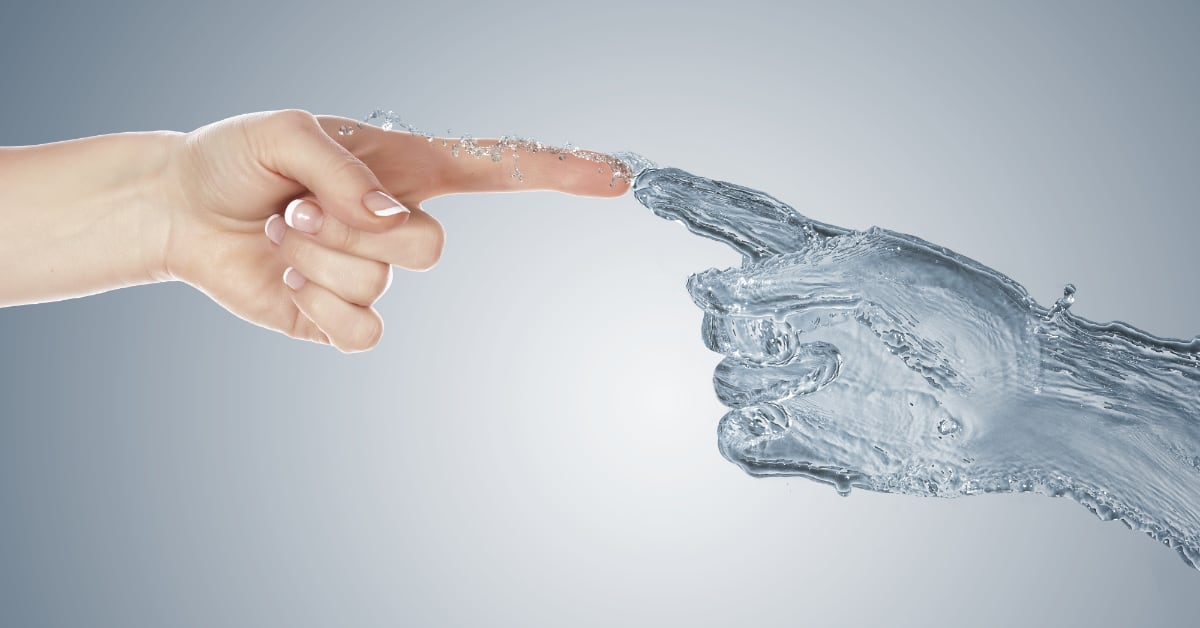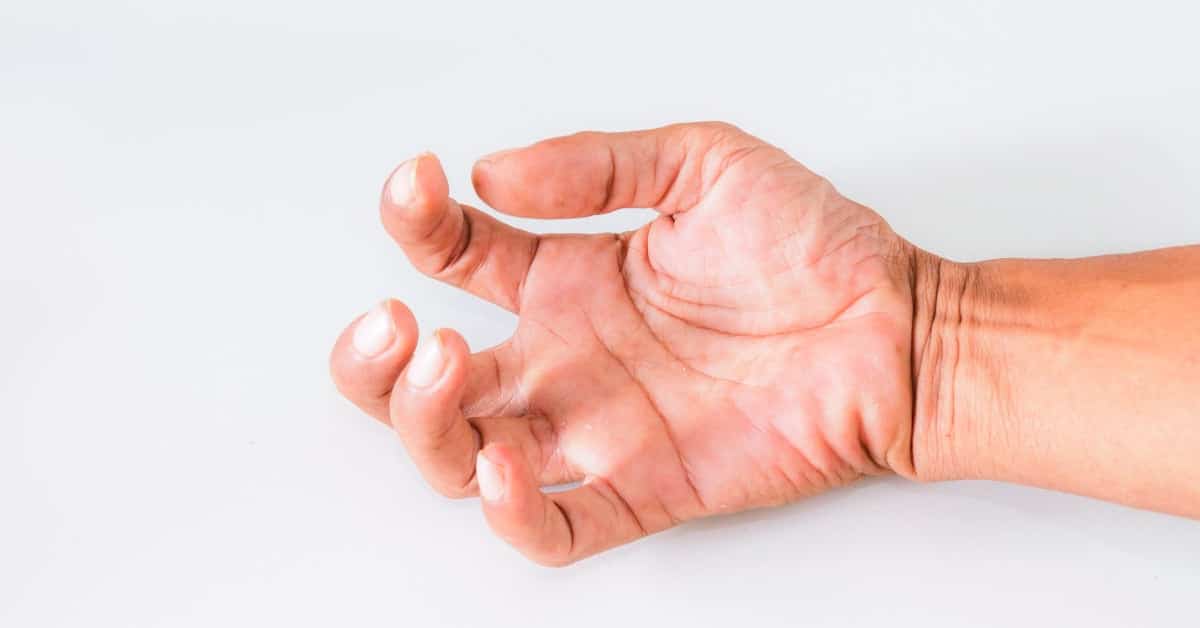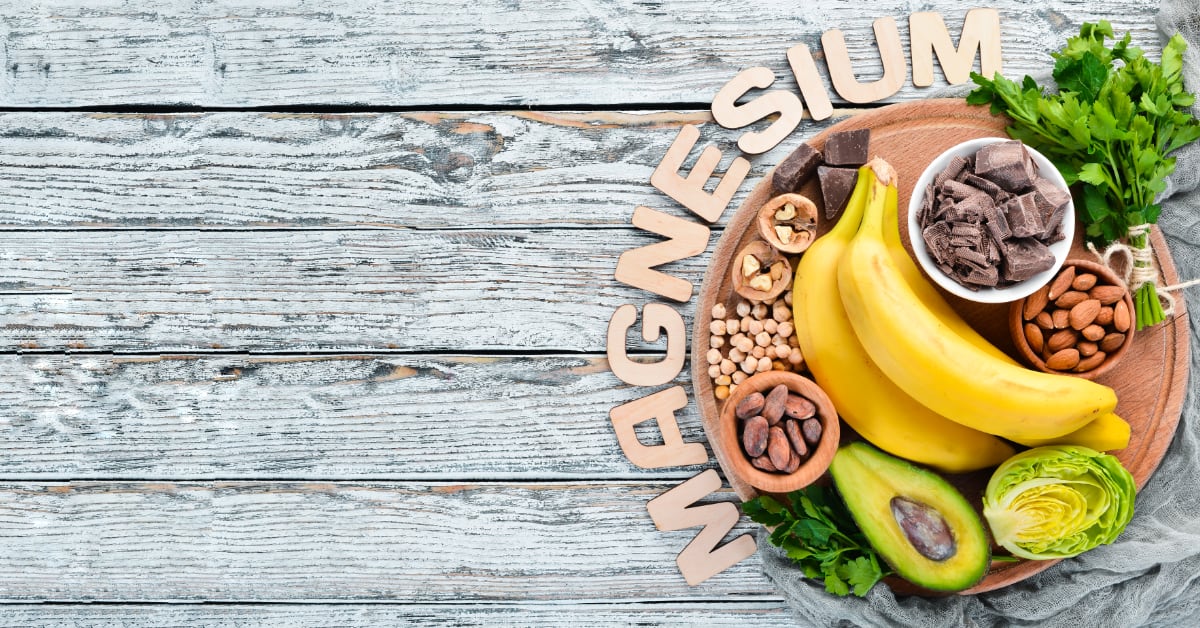Signs of Water Deficiency in the Body

Water is essential to our health, and signs of water deficiency often first manifest as thirst. Yet, relying solely on thirst as an indicator isn’t enough, especially as many people substitute plain water with other drinks, such as coffee, tea, or sugary beverages. These drinks do not fully replace the benefits of pure, clean water. Hydration is crucial to support the body’s systems, cleanse toxins, and prevent dehydration.
Why Clean, Alkaline, and Bioavailable Water is Vital for Health
A deficiency in water impacts metabolism, disrupts the body’s detoxification processes, and may lead to dehydration. Sudden dehydration can stem from factors like hot weather, fever, elevated body temperature, excessive sweating, diarrhea, vomiting, physical exertion, illness etc. Chronic dehydration is particularly dangerous as the body adapts over time, making water deficiency symptoms less obvious. However, the negative impact on health becomes increasingly severe.
It’s common to link hydration to weight management, but water is equally vital for overall well-being and health maintenance. Proper hydration routines become increasingly important with age, as the body loses water more readily. It’s essential to drink adequate water regularly, as the damage caused by dehydration isn’t instantly reversible.
Recognizing Dehydration Symptoms: How to Know if You’re Getting Enough Water
Most people know that water is essential, yet many overlook the signs of early dehydration. Below are key indicators of inadequate hydration:
Dry mouth: This is the first signal from our body that water intake is below the necessary level. Consuming liquids like juice, coffee, or tea won’t restore the required level. The body needs pure water!
Dry skin: The condition of your skin is closely linked to what you eat or drink. Therefore, if you notice signs of dry skin, it usually means your body lacks water.
Persistent thirst: Typically, this occurs when you drink a lot of water, but the feeling of thirst persists. This indicates not just a slight water deficiency but severe dehydration, and the body is trying to compensate for the deficit. Alcohol consumption can cause this condition.
Dry eyes and irritation: Dry eyes, itchiness, and redness can result from dehydration affecting the tear ducts, which is particularly problematic for contact lens wearers.
Reduced urine output and darker color: Changes in urine volume or color may indicate dehydration. Darker urine often points to insufficient water intake.
Irregular heartbeat and increased pulse: A lack of water thickens the blood, slowing circulation and increasing strain on the heart. This can reduce oxygen flow to organs and may lead to serious health issues.
Joint pain: Many people experience this, regardless of age. It can occur after exercise or be constant. Cartilage tissue contains a high percentage (about 80%) of water, which is necessary to protect the joints from friction. Therefore, a lack of water can cause joint pain.
Muscle loss: Muscles are over 50% water. Dehydration reduces cell volume, affecting muscle tissue. Regular water intake is crucial during exercise to maintain muscle hydration.
Chronic fatigue and poor sleep quality: These are symptoms of increased blood viscosity and oxygen deficiency due to insufficient water intake. It’s actually not sleep deprivation but water deficiency, so no matter how much sleep you get, the feeling of drowsiness won’t go away.
Digestive problems: Hydration is key for digestion. Insufficient water can lead to stomach acid issues, often manifesting as heartburn or other digestive discomforts.
Unexplained tiredness: Water is a primary energy source. Even food, often considered a good energy source, is of no value until the hydrolysis process occurs, generating energy for nerve impulses and operational commands from water.
Facial flushing: The face, as an extension of the brain, acts as an observer of the surroundings.
Mood changes – irritability, anger, and anxiety: Dehydration can trigger irritability and stress. A few glasses of water can improve mood, helping the brain avoid energy-draining activities.
Anxiety: This signal from the brain’s frontal lobes expresses concern about water deficiency when other beverages are consumed instead of water.
Feelings of depression: A severe dehydration phase where the body uses vital resources (like tryptophan, tyrosine) as antioxidants to eliminate toxic metabolic waste due to water deficiency.
Weakness: This indicates the need to enhance blood circulation to improve brain function. The brain cells do not tolerate acidification, which may cause a feeling of heaviness in the head.
Disrupted sleep in older adults: Water loss through sweat during sleep can worsen dehydration, disrupting rest.
Increased impatience: Dehydration depletes energy, reducing the patience needed for tasks that demand mental focus.
Difficulty focusing: Another way the brain tries to avoid work that requires energy. The more hydrated the brain is, the more energy it can devote to processing information and absorbing new information. A lack of water leads to attention deficits in children who prefer carbonated drinks.
Shortness of breath: A potential sign of dehydration, unrelated to lung issues, that can signal oxygen deficiency.
Cravings for artificial drinks like tea, coffee, soda, or alcohol: This is how the body signals water deficiency. Such cravings result from a conditioned reflex associating liquid intake with water drinking. These beverages, however, further dehydrate the body. This condition induces stress, prompting the brain to produce stress hormones and endorphins (natural opiates) to help the body cope with ecological disruptions. One reason people consume artificial drinks is the growing addiction to self-produced endorphins. The next step might be a move towards drugs. If you want to protect your children from this risk, eliminate caffeine-containing products from their diet.
Dreams of water: Frequent dreams of oceans, rivers, or lakes may be a subconscious indicator of water deficiency, signaling your body’s need for hydration. /Based on Dr. F. Batmanghelidj’s “Water for Health”
Prioritizing Hydration for Better Health and Well-being
Incorporating regular hydration into daily routines can prevent a host of health issues. Be proactive about drinking clean, pure water, and pay attention to these signs from your body. Staying hydrated is one of the simplest yet most powerful steps you can take for lifelong health.
Dietary supplements do not replace a full and balanced diet and are not intended to diagnose, treat, cure, or prevent any disease.
The information on this website is for educational purposes only and is not medical advice, diagnosis, or treatment recommendation.
The products and Health Concept serve as support for the body's natural processes at the physical level, but improving health requires a comprehensive approach – lifestyle changes, dietary habit improvements, physical activity, stress management, and mindset shifts.
Before using any dietary supplements or making changes always consult your doctor or a certified healthcare specialist.






